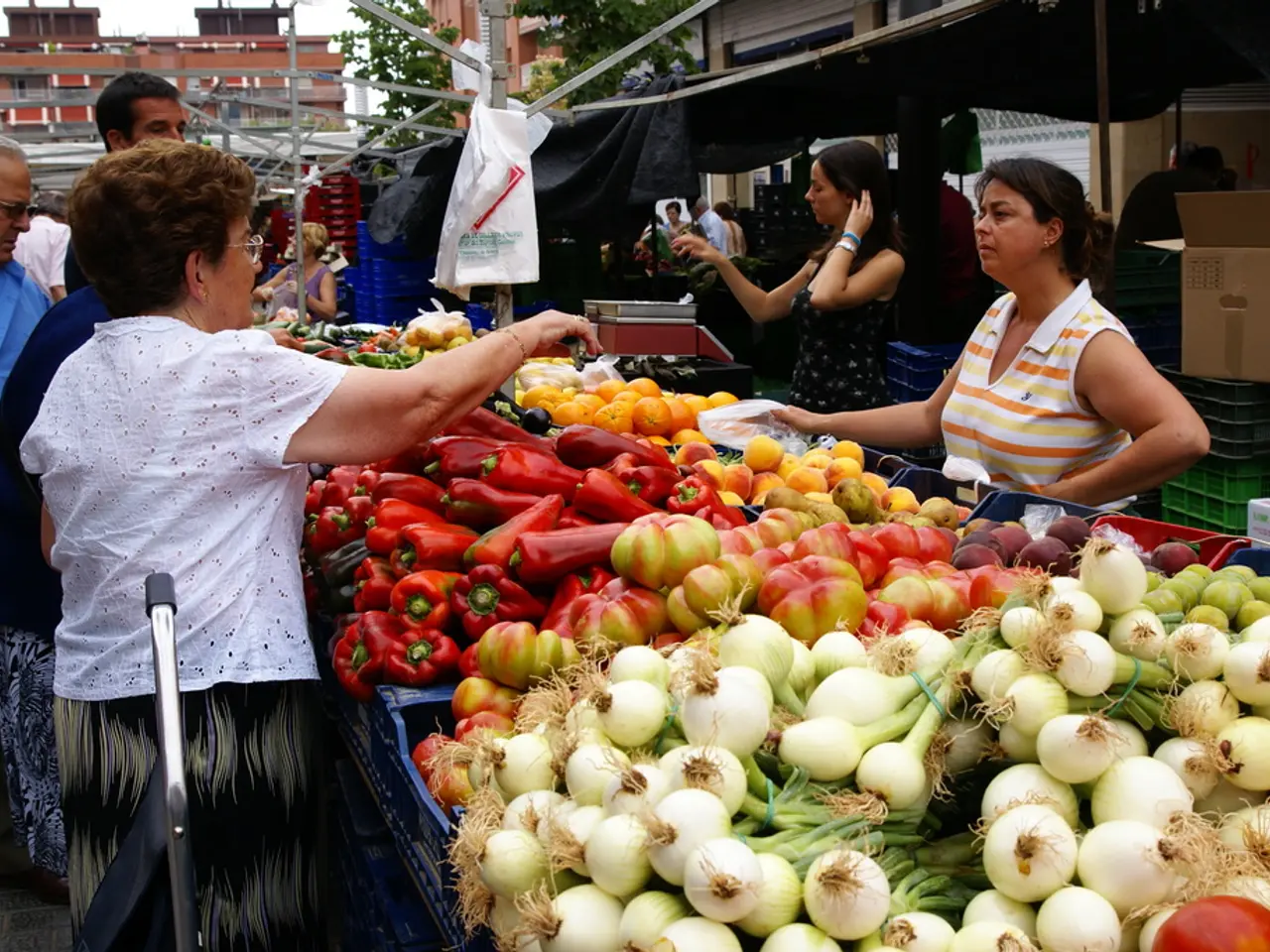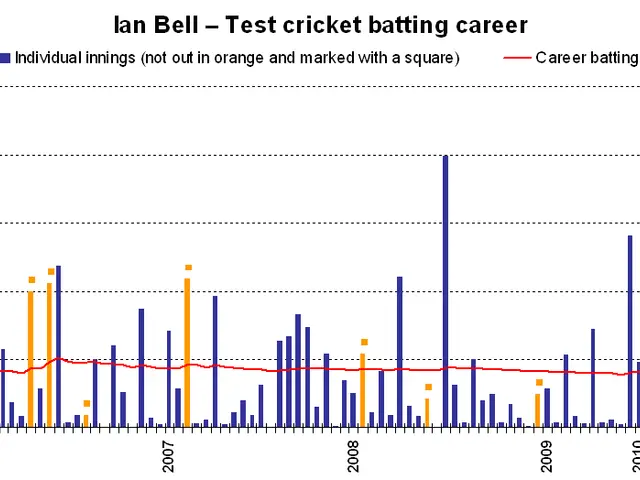Discussions over the UN plastic accord: Multiple nations decline the latest proposal - Discussions over UN plastic accord: Multiple countries oppose updated proposal
The ongoing UN plastic accord talks in Geneva have adjourned without reaching an agreement, as of mid-August 2025. The European Union (EU) remains committed to securing a comprehensive, legally binding treaty that goes beyond waste management to include reining in plastic production and phasing out harmful chemicals [1][4][5].
The negotiations, which have been ongoing for over a week, have been hindered by opposition from oil-producing countries and the EU. The talks in Geneva follow the failed discussions in Busan, South Korea, last December [7].
Key details from the negotiations include:
- EU Environment Commissioner Jessika Roswall stated that the EU is "ready to do a deal but not at any cost," underscoring the EU's demand for a treaty that addresses the full lifecycle of plastics, including production controls and toxic chemical reduction, not just waste management [1][2].
- Negotiators from 184 countries failed to agree on a final text during the recent session in Geneva that ended on August 15, 2025. The talks were described by some observers and officials as an "abject failure" due to entrenched "red lines" and lack of compromise [3][4].
- Despite the deadlock, there is a strong commitment from the EU and other countries to continue negotiations towards a global plastics treaty. UN Secretary-General António Guterres and UNEP Executive Director Inger Andersen expressed deep regret at the lack of agreement but welcomed the determination of member states to remain engaged and advance the treaty in future sessions [4][5].
- The treaty development process (Intergovernmental Negotiating Committee, INC) began in 2022, aiming for a legally binding global plastic pollution pact. The recent fifth session (INC-5.2) was intensive but inconclusive, and future negotiations are expected [4][5].
The draft of the accord is the subject of criticism for being unbalanced. The Chilean representative finds the draft unbalanced, as it shifts everything to the national level, leaving no room for international cooperation [6]. The draft's criticism is further compounded by the fact that by 2060, plastic production could triple, according to estimates [2].
Plastic waste is causing massive environmental pollution worldwide, including microplastics in the human body. Less than 10% of plastic waste is recycled, and over 400 million tons of plastic are produced annually, with half of it for single-use products [2].
As the talks continue to be stalled due to divergent positions and geopolitical complexities, the EU and other countries remain determined to find a solution and create a global framework that effectively addresses the plastic pollution crisis.
Read also:
- Germany's three-month tenure under Merz's administration feels significantly extended
- United Nations Human Rights Evaluation, Session 45: United Kingdom's Statement Regarding Mauritius' Human Rights Record
- Hurricane-potential storm Erin forms, poised to become the first hurricane in the Atlantic Ocean this year.
- Amidst India's escalating climate crisis, transgender individuals continue to persevere.








